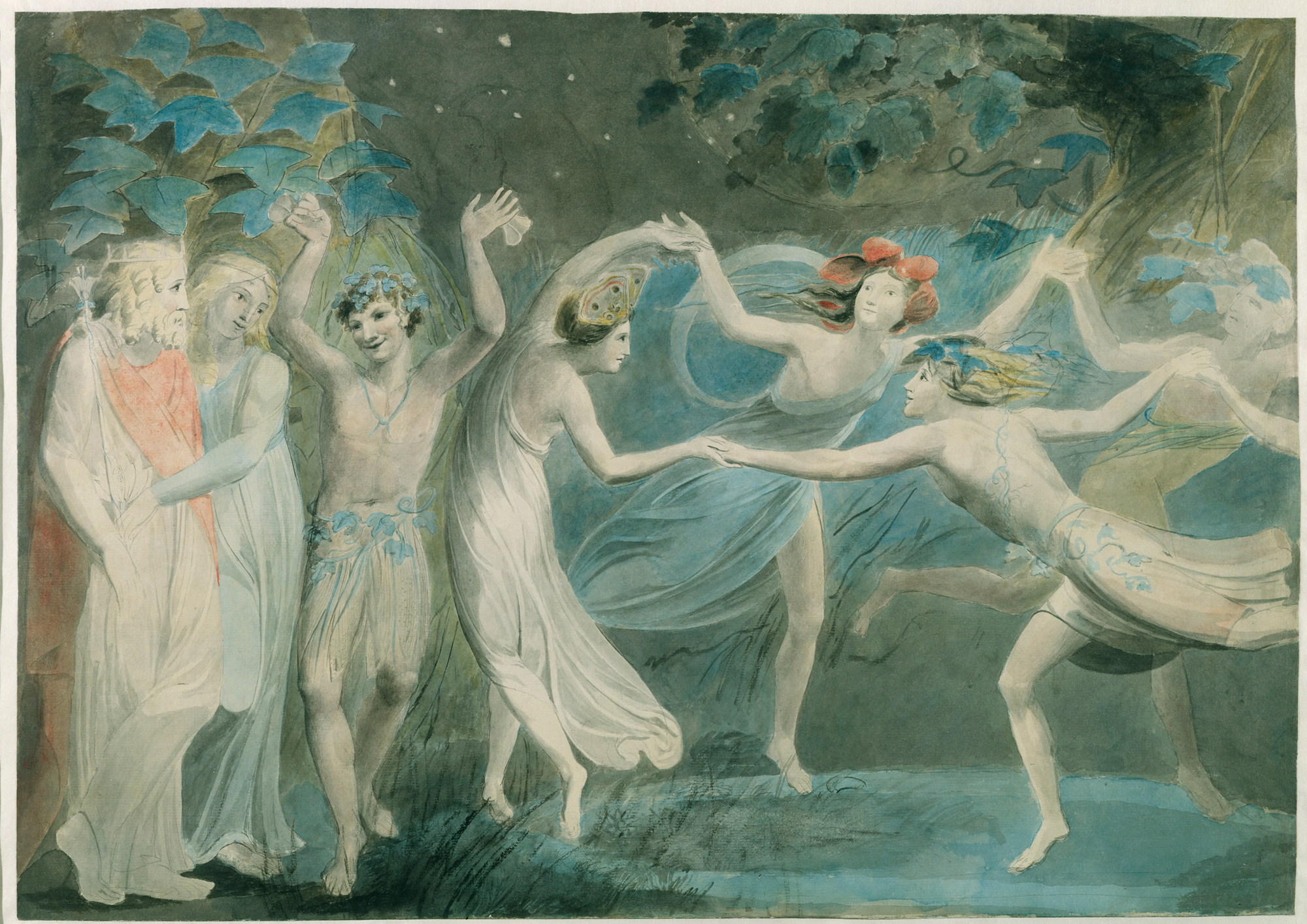So I've finally read Owen Barfield's famous "Poetic Diction". Or
large chunks of it, at any rate. Barfield published his book in 1928 and
dedicated it to a mysterious character named Clive Hamilton. The dedication
reads: "Opposition is true friendship". Later editions of
"Poetic Diction" reveal the real identity of Barfield's friend. It
was, of course, C.S. Lewis.
By 1973, Barfield's book had expanded considerably. This seems to be the "canonical" edition, including two prefaces, four appendices and an afterword. Unfortunately, I don't think this is much of an improvement. The book is disjointed, meandering and downright incomprehensible. The American poet Howard Nemerov called "Poetic Diction" a secret and sacred book, and I can readily concur with the first part of the statement...
One problem with Barfield is that he doesn't use standard philosophical vocabulary. To me, he sounds like a subjective idealist. In reality he was an objective idealist. I stumbled rather badly over his magnum opus "Saving the appearances" because of this misunderstanding. Barfield was also a life-long Anthroposophist, but this is usually not mentioned in his works, except in passing. This is a problem, since many of his terms (imagination, final participation, etc) probably mean one thing to the causal reader, and something else again to devout Anthroposophists. The strange new religion or "spiritual path" of Anthroposophy was developed in Germany by Rudolf Steiner, and seems to have taken the young Barfield by storm when he first heard about it during the 1920's. Indeed, Barfield could be regarded as a "one man front group" for the Anthroposophical Society.
Barfield's main thesis is that human consciousness have evolved from a kind of animistic-pantheistic stage of near-identification with Nature, to the present rationalist-scientist thinking. This can supposedly be seen in the evolution of language. Barfield believes that all words originally had a very broad meaning, a meaning which was fragmented during the course of human history. The original meaning of words was *both* metaphorical and concrete, while today many words are pure metaphors, while others only denote material objects. The original, broad meaning of language can still be seen in myths. For that reason, Barfield consider myths particularly important.
Primordial man didn't have poetry, since he *lived* poetry. Poetry is a result of the fragmentation of the original pantheistic consciousness. The poet both evokes old meaning and creates new one. Indeed, the poet seems to be a kind of prophet who points to a future state in which humans return to Nature. However, this "final" participation isn't a state of complete pantheist immersion. Rather, it's a higher stage in which humans are consciously spiritual. The fragmentation of the original unity isn't necessarily a negative thing, provided evolution doesn't stop at the fragmented stage. The split from Nature makes it possible for humans to acquire individual self-consciousness and return to Nature by way of conscious participation. (Note the intriguing similarity to Schelling and Hegel!) The great danger, apparently, is that human development is arrested at the fragmented stage, something Barfield associates with our modern, technological civilization.
It should be noted that Barfield meant the above quite literally. The worldview of Anthroposophy includes spirit-beings and occult forces, so when Barfield waxes lyrical about how Homer's heroes walked with the gods, he presumably believes that they really did have direct contact with supernatural entities. As for "imagination", I've long suspected that Barfield is really referring to a form of clairvoyance with which humans can communicate with the spirits, and even behold "Christ in the etheric"! At one point in his book, Barfield claims that non-reductionist science have already been successful in both agriculture and medicine. This must refer to Anthroposophical bio-dynamic farming and perhaps homeopathic medicine, both of which are based on occult notions.
Another vintage Barfieldean notion is that there isn't a human-independent outside world. The world is a product of our evolving consciousness, not the other way around. If so, the poet suddenly becomes the saviour of our fragmented civilization, since his function is to change our consciousness. Is this why Nemerov considered "Poetic Diction" a sacred book? In all fairness, it should perhaps be pointed out that Barfield didn't really believe that individuals can change the very fabric of the universe, all by themselves. Rather, human consciousness is an expression of an ever-evolving cosmic consciousness. The world is a "collective representation".
I'd say Owen Barfield was seriously stoned! :D
And no, you won't learn any of this by reading "Poetic Diction". People new to Barfield's theories should not start with this work. Rather, read R.J. Reilly's "Romantic religion". Of Barfield's own books, I would recommend "Saving the appearances" and "The rediscovery of meaning". They are not an easy read. However, they are easier to digest than "Poetic Diction". For an introduction to Anthroposophy, see Geoffrey Ahern's "Sun at Midnight". Another useful book would be M.H. Abrams' "Natural Supernaturalism", which deals with the philosophy of the Romantic movement, including its more esoteric aspects. Barfield's ideas are freely based on those of the Romantics. Indeed, he regarded his beloved Anthroposophy as a kind of grown-up Romanticism.
I'm not sure how to rate "Poetic Diction", but to keep the friction around here down to a minimum, I give it three stars.

No comments:
Post a Comment